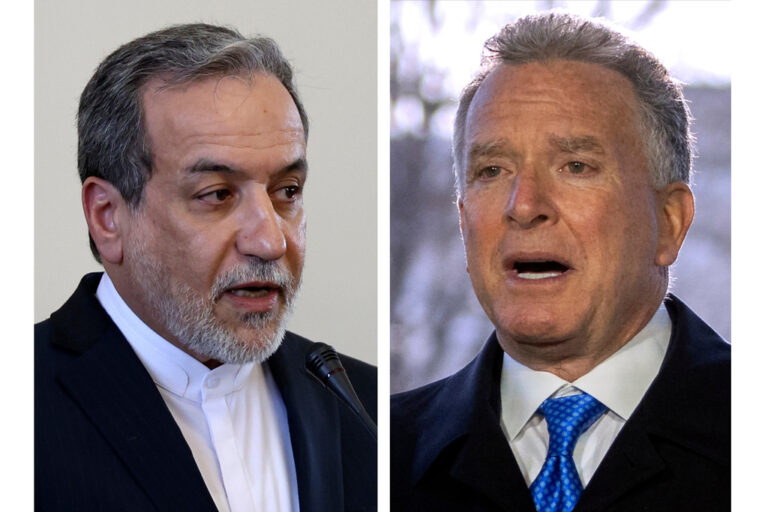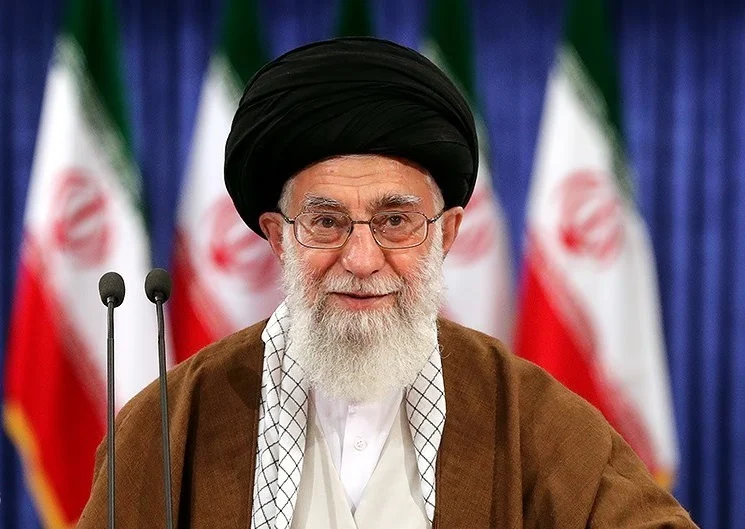 America’s top military officer said Wednesday that the impasse over a security agreement between the U.S. and Afghanistan is encouraging the enemy to take bold actions and could lead some Afghan forces to cooperate with the Taliban to “hedge their bets.”
America’s top military officer said Wednesday that the impasse over a security agreement between the U.S. and Afghanistan is encouraging the enemy to take bold actions and could lead some Afghan forces to cooperate with the Taliban to “hedge their bets.”
Army Gen. Martin Dempsey, chairman of the Joint Chiefs of Staff, met with his commanders in Afghanistan to assess conditions and reassure them that they should focus on the considerable work they have to do this year and not worry about next year.
Dempsey told The Associated Press in an interview that President Barack Obama’s order Tuesday to begin actively planning for a total withdrawal was making Afghan military leaders anxious and eating away at their troops’ confidence.
Frustrated with Afghan counterpart Hamid Karzai, Obama ordered the Pentagon to accelerate planning for a full U.S. troop withdrawal from Afghanistan by the end of this year. But Obama is also holding out hope that Afghanistan’s next president, to be elected this spring, may eventually sign a stalled security agreement that could prevent the U.S. from having to take that step.
The administration would like to leave up to 10,000 troops in Afghanistan after combat operations end on Dec. 31 to continue training Afghan forces and conduct counterterrorism missions. But without the agreement that would give international forces legal standing to stay in Afghanistan, Obama has threatened to pull all troops out, leaving the work to Afghan forces.
Obama spoke Tuesday with Karzai, the first direct conversation between the two presidents since last June. Karzai has refused to sign the pact.
The impasse is having an effect, Dempsey said.
“It is having an effect on the enemy and in some ways I think encourages them, and intelligence supports that,” Dempsey told reporters. And, he said, the uncertainty of a continued U.S. presence in Afghanistan may encourage Afghan security forces in some parts of the country to “hedge their bets.”
“There are parts of the country where it seems to be, there will – with some likelihood …be some accommodations between the Afghan security forces and the Taliban,” said Dempsey. “I think a delay in the (security agreement) might accelerate those kind of accommodations. I don’t think it will be widespread by the way, but we do have to be alert to that possibility.”
He also said expects that the Taliban will become more aggressive during the coming summer fighting season.
For Dempsey, Obama’s announcement triggered a day of meetings with his commanders and with hundreds of troops in this eastern Afghanistan base in the shadow of the volatile Pakistan border region to explain what it all means. And he emphasized to them that is does not mean that a zero U.S. force is now a foregone conclusion.
He added that while the U.S. can wait until after the spring elections before deciding whether to completely withdraw all forces, that decision will have to be made sometime in the summer.
“We have a pretty clear understanding of, at what pace they must progress in order to — if it became necessary — to empty the (war) theater by the end of the year,” Dempsey told the AP. He said they are nowhere near the point where the military couldn’t make that decision and successfully get all troops and equipment out by Dec. 31.
Obama’s announcement after his conversation with Karzai on Tuesday appeared aimed at marginalizing Karzai’s role in the high-stakes negotiations over the future of the lengthy American-led war. The Afghan leader has deeply irritated Washington with anti-American rhetoric, as well as with his decision this month to release 65 prisoners over the objections of U.S. officials.
The White House insists it won’t keep any American troops in Afghanistan after December without a security agreement giving the military a legal basis for staying in the country. While the White House did not publicly set a deadline for finalizing the agreement before that time, officials said the size and scope of any U.S. mission could shrink the longer Obama waits.
While Dempsey visited commanders, Defense Secretary Chuck Hagel met his NATO counterparts in Brussels this week. And NATO Secretary-General Anders Fogh Rasmussen said that the 19,000 troops from other countries would also pull out of Afghanistan after year’s end without a security agreement.
“Let me stress, this is not our preferred option,” Rasmussen said. “But these are the facts.”
The U.S. and Afghanistan agreed to details of a security pact last year, and the agreement was also endorsed by a council of 3,000 Afghan tribal elders known as the Loya Jirga. But Karzai caught U.S. officials off guard by then declaring he wanted his successor to sign the agreement.
It’s unclear whether Afghanistan’s new president will be any more likely than Karzai to do so. There is no clear front-runner among the 11 candidates running to replace the president, who is constitutionally ineligible for a third term and has not endorsed a successor.
The longer the U.S. waits to decide on its future in Afghanistan, the more expensive and risky a full withdrawal would become. With less time to move troops and equipment, the military will have to fly assets out rather than use cheaper ground transportation.
The Pentagon’s biggest challenge will be closing large military facilities, including the Bagram and Kandahar air bases. Shutting down a massive base typically takes about 10 months, but military officials said they are prepared to do it in a much shorter — although far more expensive — period if necessary. Military officials said commanders would still like to have about six months.
The Pentagon is currently planning to cut the total American force in Afghanistan to as low as 20,000 by midsummer, giving commanders the ability to pull all troops out by Dec. 31 if no agreement is reached. There are currently about 33,600 U.S. troops in Afghanistan.
(AP)











One Response
It’s a proven strategy. We won a military victory in Vietnam. The Vietnamese people elected a democratic government. We pulled the rug out from under them. The tyrants take over. It’s the Democratic (capital “D”) way.
Fortunately Afghanistan is land locked so we won’t have any “boat people” this time, and hopefully the Taliban will have learned from their 13 years out of power that they shouldn’t allow terrorists to use their country to attack Americans.